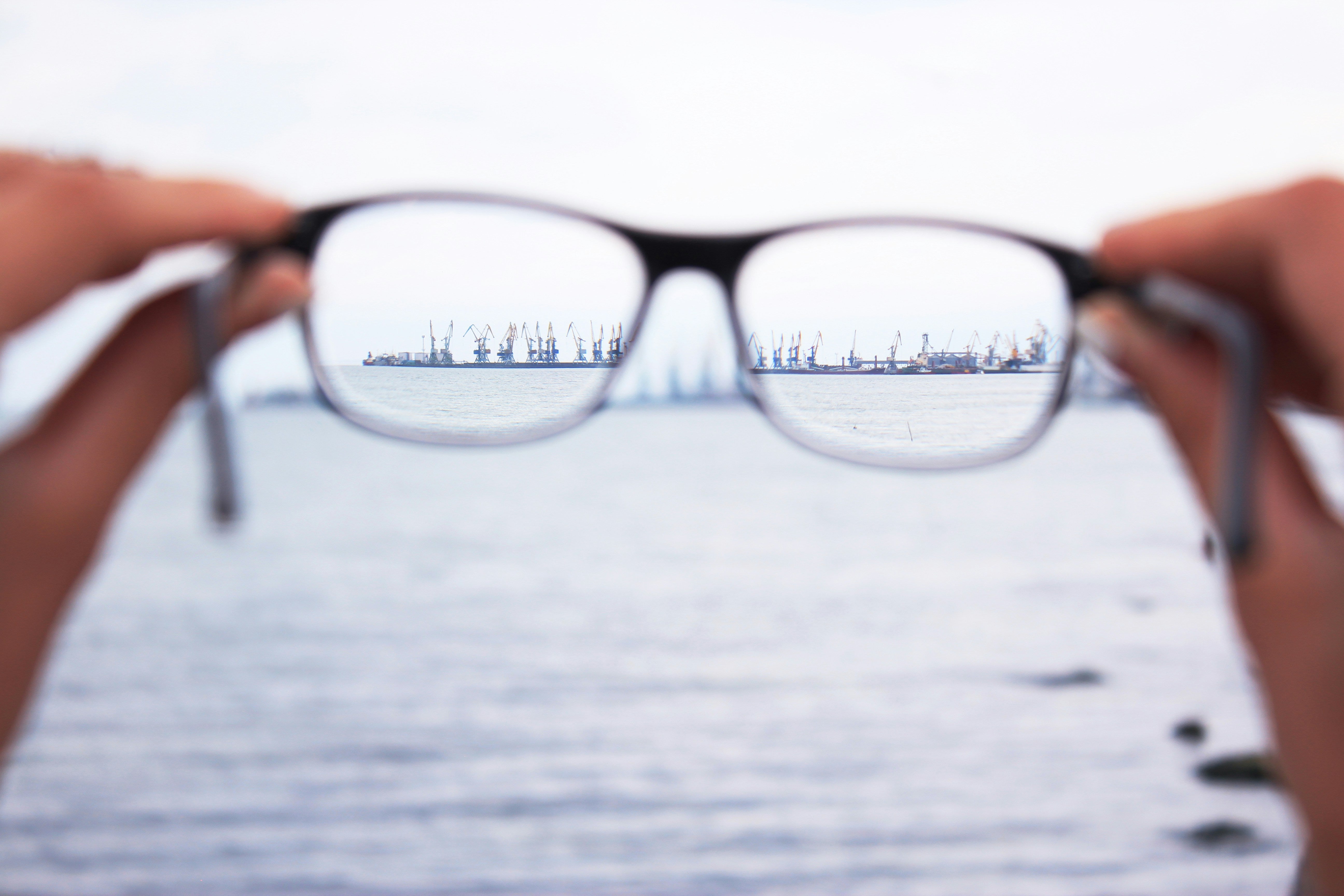I traveled to Northern India in 2000 and 2001 to visit a city north called Mussoorie. I was conducting a tuberculosis survey in a neighboring valley through a local mission hospital there for my Hopkins public health program. To get there, I flew into Delhi both times. Each time, I would stay a day on the way there and on the way back in Delhi. The things I remember most about my visits were the poor air quality and how discarded plastic bags were everywhere.
At that time, cars were still using leaded gasoline which was banned from the US twenty years earlier. Additionally, with the huge population, trash disposal was logistically impossible, so people were continuously burning their trash. This included burning the used plastic bags. These air pollutants resulted in the infamous experience of continuously having black snot and burning lungs. Indeed, Delhi’s air pollution and smog are known to be perhaps the worst in the world. Both of those trips left me dealing with months of pollution-induced asthma after returning home.
Today, the worry of plastics in the lungs is not just relegated to Delhi, India. A study published in March 2022 by researchers in the UK found 39 different microplastics in human lungs. Microplastics are pieces of plastic around 10 um (that is 100 times smaller than a millimeter) that have successfully permeated our environment – from the water we drink to bodies of water in which we swim, to the air we breathe.
About 18% of the plastics found in the lungs were phthalates. Phthalates are known as plasticizing chemicals – a group of chemicals added to plastics to impart flexibility, pliability, and elasticity to plastics. Phthalates are colorless, odorless, oily liquids that are found in 70% of all plastics in the US and are known to be highly susceptible to leaching.
Other studies have found that phthalates leach into bottled water, which is significant because of their anti-androgenic or testosterone blocking properties.
So, what can we do?
Glad you asked.
But I was literally blown away recently by a 2020 study looking at how sulforaphane may block the negative effects of plastics. Plastics were determined to interact with 111 genes commonly related to hepatocellular carcinoma HCC. Sulforaphane was found to counteract the negative impact of plastics on fourteen of these genes. A significant point is that this was all found through looking at genetic databases and determining interactions.
So, while sulforaphane’s positive impact on 14 of 111 genes isn’t the “silver bullet,” it is a start in addressing a significant problem we are facing in our society.
We currently have a sale on BrocElite sulforaphane, which you can take advantage of here.







1 Comment
Well, if this isn’t some good news!! Thanks for your continued diligence to helping us all try to figure out life.